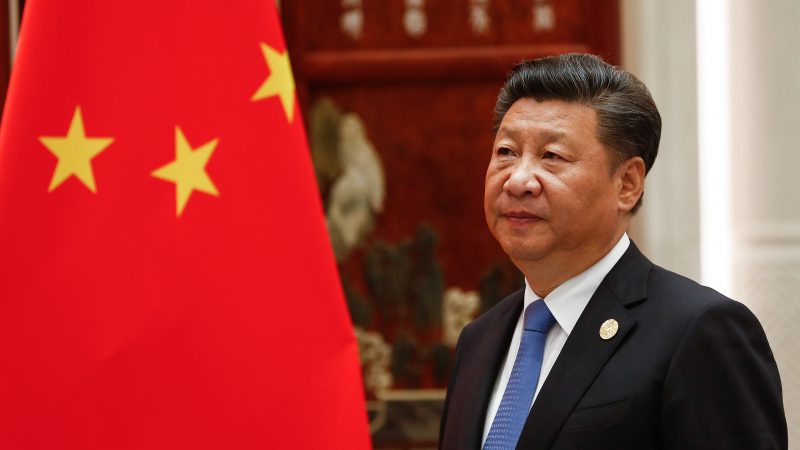
No country can develop a workable foreign policy without formulating an intelligent response to China’s rise. In Britain, the stakes are particularly high as we grapple with defining our own role in the world post-Brexit.
The rise of China is the most significant long-term trend in global politics and economics. Whether we like it or not, the UK needs to find a way to navigate its relationship with this complex and increasingly important country. Britain’s history with China goes back a long way and has not always covered our country in glory; our difficult history with China continues to inform our current relationship. Recent events, including the Covid-19 pandemic, ongoing trade war with the US and COP26, have further thrust China’s global role into the spotlight.
Yet the approach of successive Conservative governments to China to date has been inconsistent and ill-thought through – veering from George Osborne’s ‘Golden Era’ of economic co-operation to today’s increasingly hawkish, and yet still contested, position. A recent report from the House of Lords’ international relations and defence committee went so far as to describe UK government policy on China as a “strategic void”.
Labour needs to develop a coherent and strategic approach to China as part of a larger progressive strategic vision for the UK’s place in the world. It must recognise China’s strengths and weaknesses, as well as our own. And crucially, it must recognise the multifaceted relationship we have with China. At times we will have to challenge China on issues like national security and human rights, in others compete with China in the development of new technologies and in the protection of our supply chains, and in still others cooperate with China on global commons issues like climate change.
It is for this reason that the Labour Foreign Policy Group has launched the report ‘China’s Place in a Progressive British Foreign Policy’. Combining the elements of challenge, competition and co-operation into a coherent strategic approach is by no means straightforward. Yet despite its difficulties, this relationship cannot be framed in purely adversarial terms. As progressives, we need to pursue a policy towards China that supports Britain’s national interests and those of our allies without cutting China off or embarking on ideological warfare for its own sake.
China has become undeniably more assertive on the world stage – as evidenced by activities in the South China Sea, ‘debt trap diplomacy’ in the developing world and more generally its ‘Wolf Warrior diplomacy’, which has seen sanctions placed on members of the House of Commons – but it does not pose an existential ideological threat to the West. These actions are ultimately attempts on the part of the Chinese Communist Party and its leaders to shore up their domestic legitimacy.
A future Labour government must take a firm line with China, but not a hostile one. We must absolutely address human suffering and human rights abuses wherever we find them – China’s leaders would expect us to do so – yet we must also pursue a policy of de-escalation in the Indo-Pacific region. Maintaining channels of communication with Chinese counterparts at governmental, sectoral and civil society levels will help to address not only current challenges but also to maintain dialogue in preparation for times of greater openness.
This approach will be strengthened by working with allies, in particular our European neighbours and other democracies in the Indo-Pacific. It will be further reinforced by maintaining our commitments to overseas aid and playing an active role with allies in the development of international governance standards on areas like emerging technologies.
Labour can also build on the knowledge and experience it has in engaging with China where it is in power at regional and local levels to develop a coherent approach to China across all levels of government.
Ultimately, a successful foreign policy agenda is founded on a progressive domestic agenda promoting good governance, economic growth, social justice and environmental protection. This means ensuring the UK’s competitive advantage in research and development, ensuring our universities have access to sustainable funding, investing in our supply chains and ensuring the UK is an open, welcoming and safe environment for Chinese citizens to work, study, live and claim asylum.
When it comes to handling the UK’s relationship with China, Labour can do so much better than the current government. It is vital for both countries’ futures that we do so. This report is not the final word on the topic, but we do hope that it will provide a well-informed starting point for a wider conversation around China’s place in a progressive British foreign policy.
This week the Labour Foreign Policy Group launch a report looking at China’s place in a progressive UK foreign policy. Read the report, edited by Phil Entwistle, here.




More from LabourList
Which ministers have done the most and fewest broadcast rounds in year one?
‘Welfare reforms still mean a climate of fear. Changes are too little, too late’
Welfare bill: Which MPs are still voting against reforms?